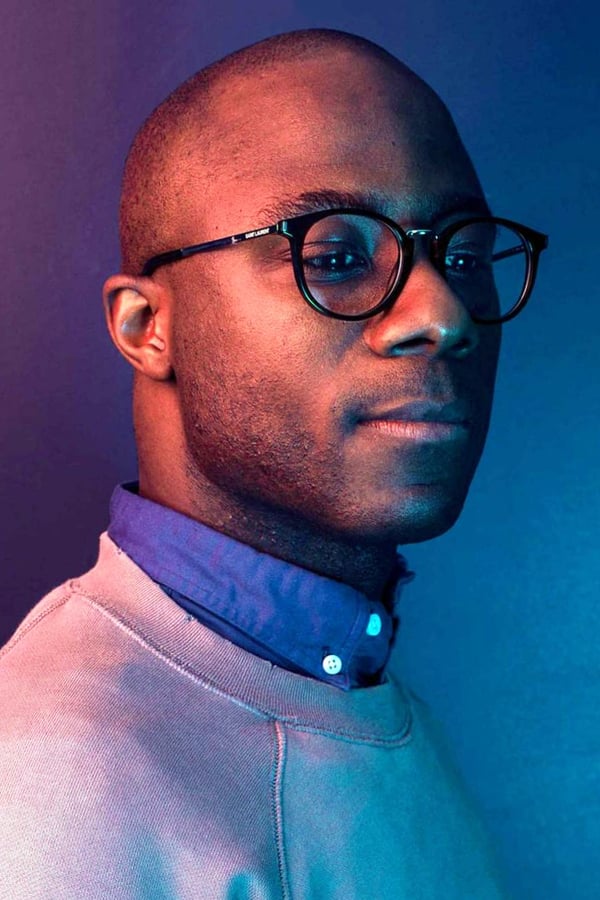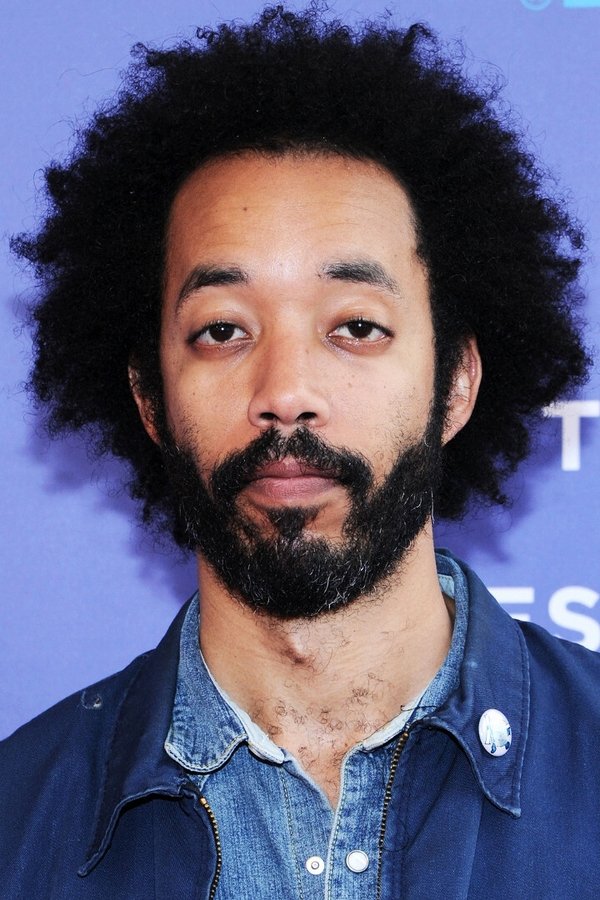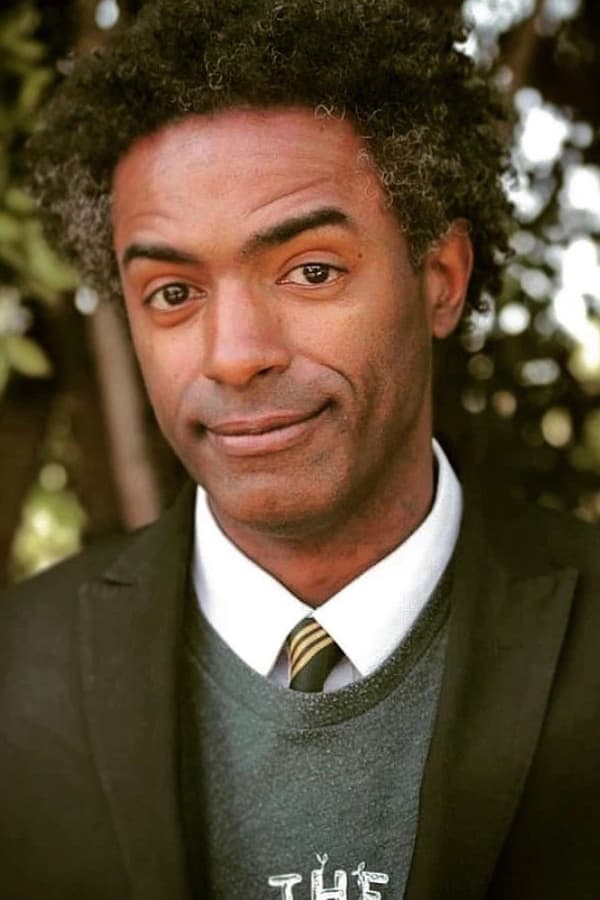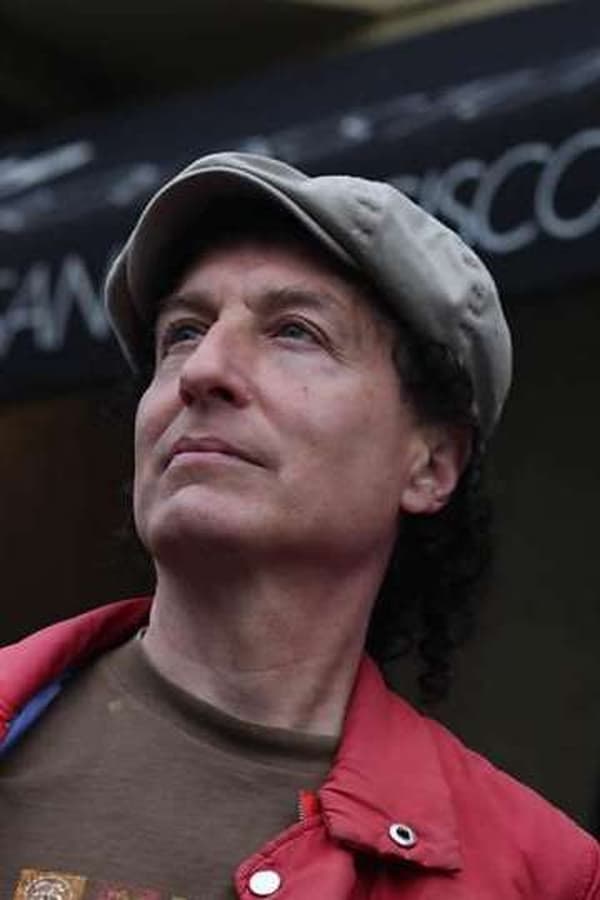'The Royal Treatment' Comes to Manhattan
Izzy and Prince Thomas learn that taking control of their own destiny requires following their hearts and making their own decisions.
Incluvie Foundation Gala - Learn More





In the current age of the film industry, with the oversaturation of superhero shlock, rapacious legacy sequels, and soulless adaptations, it's all too easy for genuine auteurs and passionate filmmakers striving to bring about their unique vision to get lost in the shuffle. While some do manage to separate themselves from the abundance of mediocrity - directors like Christopher Nolan, Wes Anderson, and arguably the greatest filmmaker of our time, Denis Villeneuve, there are many creators making films just as great, if not more so, than some of these films put out by universally recognized names. I want to bring to the forefront directors who may be well known and respected within the industry but have yet to reach this heightened public awareness that I think they so greatly deserve.
At the time of writing, Barry Jenkins' filmography consists of just three feature film releases. Medicine for Meloncholy (2008), Moonlight (2016), and If Beale Street Could Talk (2018). The latter two of which are among the best films of the last decade and Moonlight, I argue, being a film in the upper echelon of moving picture history; an untouchably beautiful and immeasurably moving piece of cinema that serves as a staple not just for Black and LGBT storytelling, but American cinema as a whole. Very seldom do directors execute with such grandeur in their films and even more rare is their first feature(s) reaching a height that most other filmmakers are unlikely to ever attain throughout their entire careers. But Jenkins has done just that; with only these three features to his name, he's managed to outclass the vast majority of his colleagues and in my eyes, has already cemented his status as an industry legend with the likes of a Martin Scorsese, Jean-Luc Godard, or Francis Ford Coppola. And if he never manages to top or even achieve again the quality of film that is Moonlight in his career, nothing can tarnish the legacy he has already established for himself.
But what is it that makes these films so powerful? So poignant? Why does his work stand far and above so many others? It's simple, really. He cares more than most. He isn't trying to capitalize on the generational trauma of Black people in America. If Beale Street Could Talk isn't just another movie about racial injustice and the mistreatment of African Americans by the police. That's certainly the backdrop but Jenkins doesn't want to paint them as mere victims but as competent and capable human beings. Moonlight ignores Hollywood tropes entirely and makes a wholly and totally personal story about a young boy's journey to self-discovery in an environment that actively discourages it - he treats his characters as complex individuals rather than the sum of their trauma.
(Note: This article was originally publiched by Mick Cohen-Carroll on Medium in June 2020. For current information about the state of the racial justice movement in America, I recommend reading updates about Derek Chauvin's trial, this interview with Kentucky's Rep. Attica Scott about the ongoing imapct of Breonna Taylor's murder, this update about the shooting of Jacob Blake, and this analysis of the scope of Black Lives Matter protests.)
Hollywood loves to jump on current events, especially those with big socio-political ramifications. There have been timely movies about pretty much every news-worthy incident since WWI. However, stories about race or racial injustice are often eclipsed or buried under other tragic events. So, through the films they produce and finance, how will Hollywood react to the current status quo? It’d be interesting to discover their approach in the wake of the George Floyd protests (which are largely peaceful) and the call to action for anti-racism. There are two things to consider. The first is that Hollywood, after all, is a business and the second is that Hollywood might not be as socially liberal as the right-wing claims.
Though there is room for art, and you must be creative to make a film, the movie industry is, after all, just that: an industry. And in an industry, the primary goal is to make money. If it’s art, great, but that is not the end goal. Artistry is the byproduct. That is why people like Martin Scorsese call the Marvel movies “theme parks” and not cinema. He makes the distinction that cinema is (by his definition) more daring, unexpected, honest and artistic.
So while “cinema” (used in the Scorsesian sense) does exist, the rise in blockbuster movies with high budgets and explosively high box office returns shows that Hollywood is primarily interested in making money. That is why it attracts people to become top execs and producers, like Steve Mnuchin, the current Secretary of the Treasury. Hard to believe that the ex-Goldman Sachs investment banker was in it for the art or the love of cinema.

Waking from a one-night stand that neither remembers, Micah and Joanne find themselves wandering the streets of San Francisco, sharing coffee and conversation and searching for a deeper connection.

Barry Jenkins
Director

Barry Jenkins
Director

Wyatt Cenac
Micah

Tracey Heggins
Jo

Elizabeth Acker
Housing Rights Committee Member

Melissa Bisagni
Cassandra Jay

DeMorge Brown
MOAD (voice)

Powell DeGrange
Housing Rights Committee Member

Chida Emeka
Housing Rights Committee Member

John Friedberg
Housing Rights Committee Member

Dana Julius
Housing Rights Committee Member

Ondine Kilker
Housing Rights Committee Member

Tommi Avicolli Mecca
Housing Rights Committee Member
Izzy and Prince Thomas learn that taking control of their own destiny requires following their hearts and making their own decisions.



